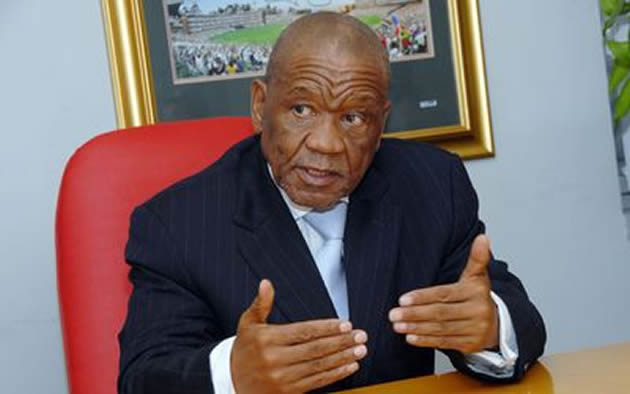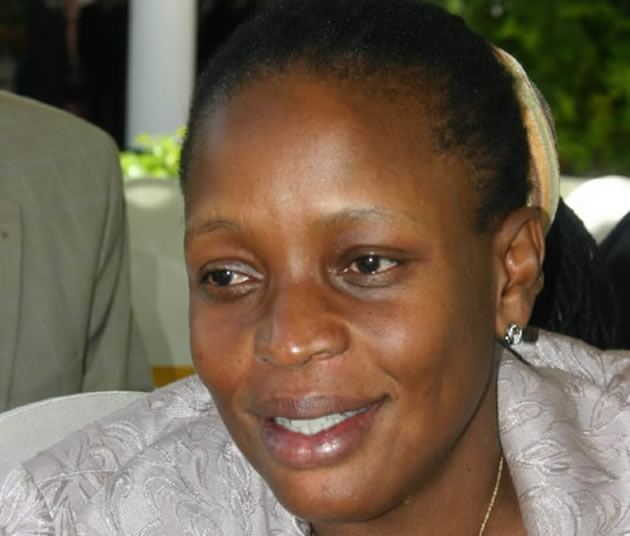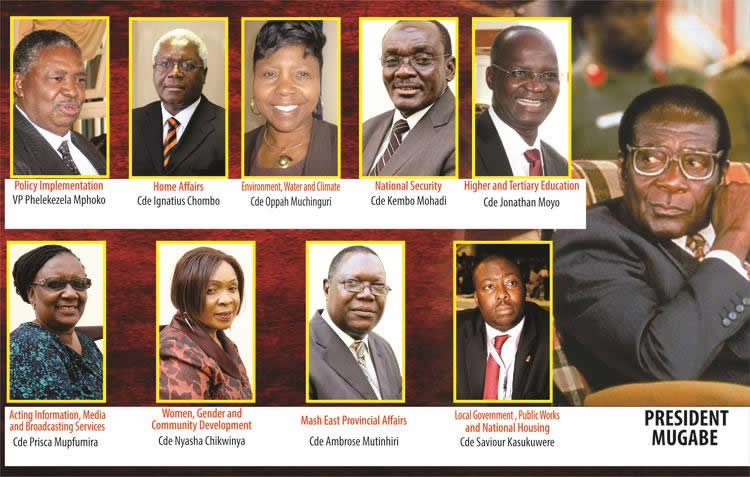Editorial Comment: Let peace prevail in Lesotho

Sadc’s biggest security preoccupation since President Robert Mugabe assumed the regional body’s chairmanship in August has been Lesotho.
Indeed, the tiny mountain kingdom of two million people has had security and political issues throughout its history. It has the highest number of military coups and attempts or undemocratic power takeovers in Sadc, about six since independence in 1966. This has gone in phases — years of relative stability giving way to periods of instability at some point and the cycle went like that.
The most recent one came on June 25 when many in the region thought that a Sadc-mediated settlement that was followed by elections in February and that ushered in a new government would result in lasting peace and stability. On that day soldiers shot dead former army commander Maaparankoe Mahao, who headed the army for a few months until the new regime fired him. Mahao had been promoted sometime last year by then Prime Minister Tom Thabane after he (the premier) had sacked Tlali Kamoli as head of the security sector. When Pakalitha Mosisili won elections to become Prime Minister in February, he reinstated Kamoli.
After Mahao’s murder, pressure was brought to bear on his apparent allies, particularly opposition figures like Thabane, Thesele Maseribane and Keketso Ranso, who all fled to South Africa. Before the June flare-up, there was another one, also in June last year when as Prime Minister, Thabane suspended parliament that was dominated by his rivals in the ruling coalition he headed. His opponents, who had the support of the military, then forced him out to South Africa in August last year after soldiers occupied the police headquarters and the public broadcaster and encircled his palace.
Then, like now, Sadc got involved to stabilise Lesotho. The regional bloc struck a deal that involved the immediate return of Thabane from exile, lifting of the suspension of parliament and elections that were held in February.
On Friday, a double Sadc troika summit in Tshwane, South Africa, discussed the instability in Lesotho and came up with resolutions that we pray, will bear fruit. With President Mugabe playing a key role, Sadc leaders agreed to set up a commission of inquiry to investigate Mahao’s murder.
Also, they resolved to appoint an independent pathologist to examine circumstances surrounding the killing. They agreed to set up an oversight committee to serve as an early warning mechanism to identify any breaches of peace in that country and raise the red flag. In addition, Sadc leaders implored the Basotho government to facilitate the return of Thabane and company. As a long term measure, the regional bloc urged Prime Minister Mosisili to steer his country, in consultation with all interested parties, to undertake constitutional and security sector reforms.
Sadc wants this latest effort to bring about lasting peace and stability in Lesotho.
The commission of inquiry must establish why the Lesotho Defence Forces members shot Mahao dead. The story coming out of Lesotho has been that he was gunned down because he was resisting arrest. However, anyone who has been following political and security developments in Maseru will know that this was a clear assassination. Peace-loving Basotho people and all of Sadc want the military commanders or anyone who ordered Mahao’s killing to be identified and punished. In punishing the perpetrators of the murder, however, the region or the Lesotho government must not imperil the delicate security situation in that country.
We regard the early warning commission as a great strategy to ensure that peace prevails in Lesotho. Experience has taught us, and this is unfortunate for a sovereign country that left to conduct their business without outsiders, Basotho politicians and soldiers tend to be ruthless on each other. Therefore, we expect the oversight committee to discharge its mandate with integrity without involving themselves in local politics. This, we have no doubt they will do.
For it to conduct its work effectively, we believe that the oversight committee must be deployed in Lesotho for as long as conditions demand it there. We don’t expect the Basotho to view this committee as interfering in their affairs. They must know that Sadc is seized with their issues primarily for their own good as Basotho with Sadc benefitting from the existence of peace there.
On another note, and one that we argue should form the basis of enduring peace and stability is the resolution by Sadc for the Lesotho government to institute constitutional and security reforms. It would be difficult for the reforms to produce immediate results given that country’s long history of military coups. However, we remain hopeful.
Furthermore, Basotho must develop a new culture of conducting themselves in a manner that does not endanger their democracy and security. They should renounce their bad reputation of involving the military in civilian and political activities. For its part, the military must uphold democracy. They exist to defend the Lesotho constitution.
We commend Sadc for keeping tabs on Lesotho and would like that to continue for peace to prevail in that country.









Comments